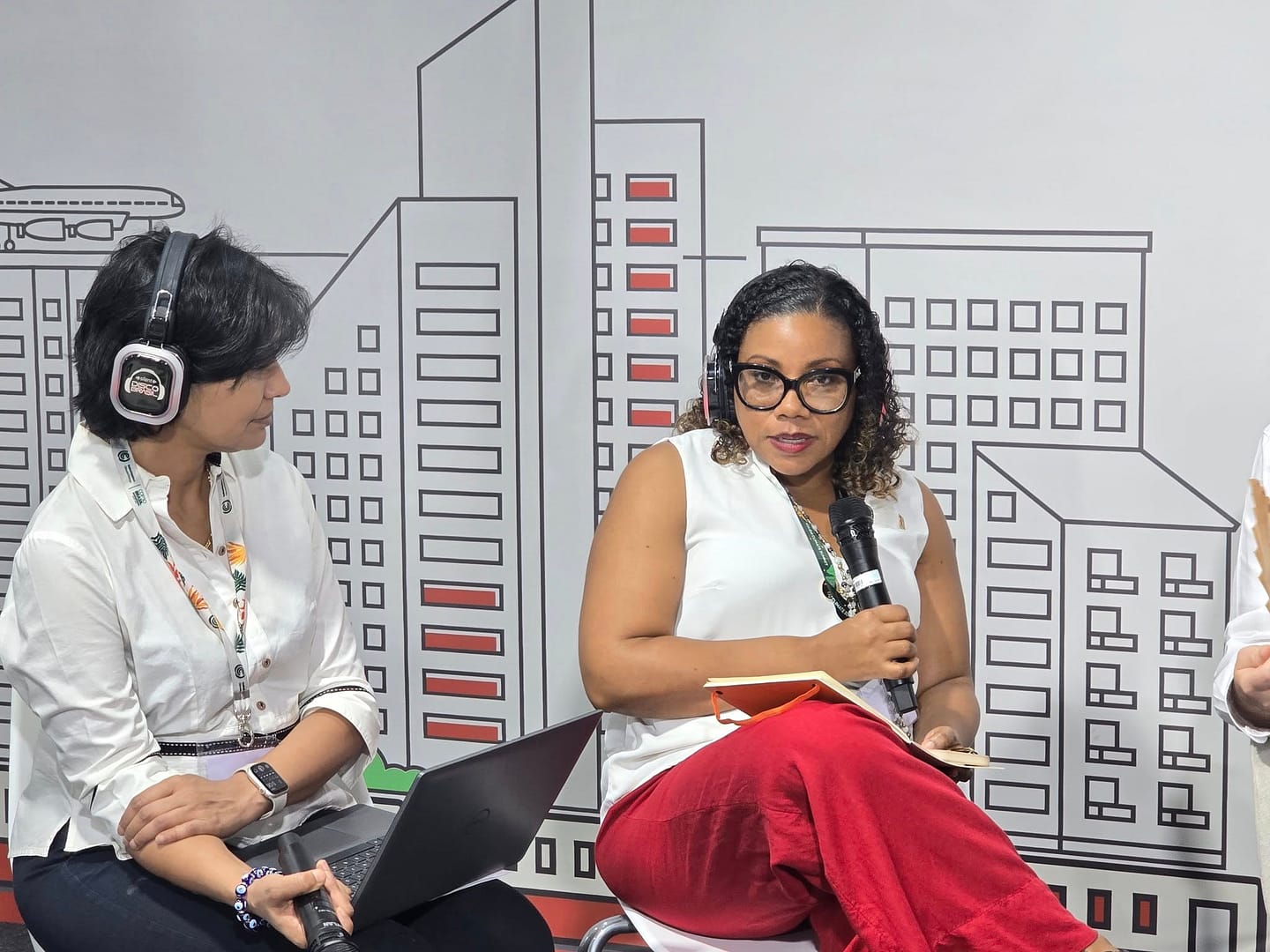At the High-Level Panel on Debt Sustainability and Resilient Infrastructure during COP30, Antigua and Barbuda showcased its innovative Debt Sustainability Support Service (DSSS) as a groundbreaking approach to harmonizing debt reform, climate resilience, and sustainable finance. The event, hosted at the Disaster Resilient Infrastructure (DRI) Pavilion, highlighted the urgent need for integrated solutions in Small Island Developing States (SIDS). Her Excellency Ruleta Camacho Thomas, Ambassador for Climate Change, emphasized the intertwined crises of debt and climate vulnerability in SIDS, stating, ‘Every hurricane, drought, and flood destroys infrastructure and public revenue, forcing countries to borrow more just to rebuild. This creates a debt trap that hinders investment in resilience.’ Under the Antigua and Barbuda Agenda for SIDS (ABAS), the DSSS was developed to help vulnerable economies combine debt reform, climate finance, and resilience planning. The service integrates mechanisms such as debt-for-climate swaps, climate-contingent clauses, resilience-linked bonds, and insurance-backed instruments into a unified framework. ‘The DSSS ensures that finance supports resilience, not undermines it,’ Ambassador Camacho Thomas explained. ‘It aligns fiscal policy, infrastructure investment, and climate adaptation, ensuring every dollar spent on recovery also builds long-term security.’ Antigua and Barbuda is collaborating with partners like the Coalition for Disaster Resilient Infrastructure (CDRI) to advance debt sustainability and infrastructure resilience simultaneously. The Ambassador also highlighted the role of data analytics in attracting investment, noting that while spatial and financial data can demonstrate the return on investment (ROI) of resilience, they are often misused to label SIDS as ‘high-risk.’ She called for integrating data on adaptation outcomes into financial modeling to prove the economic viability of investing in SIDS. ‘Resilience must be recognized as a financial model, not a moral appeal,’ she concluded. Antigua and Barbuda continues to lead global efforts to enhance access to sustainable finance for vulnerable economies, promoting integrated approaches that link debt management, infrastructure resilience, and sustainable growth.
